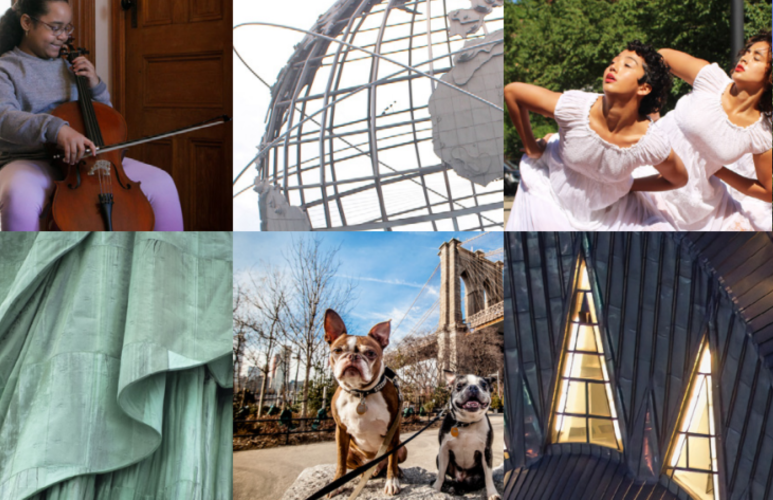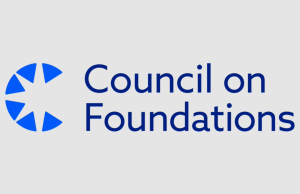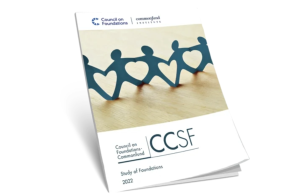New York Community Trust (NYCT) leaders will look to engage a younger and more diverse pool of donors to augment advocacy efforts related to climate change, immigrant and voting rights, and social justice issues as the foundation approaches its 100th anniversary.
“We want to engage younger donors,” said NYCT President Amy Freitag during her address at the recent Fundraising Day in New York conference at the Marriott Marquis Times Square hotel in New York City. “It will not surprise you that our donors who left us a bequest 20 or 30 years ago were not losing sleep over climate change, mass incarceration, or immigration. Those are the challenges we’re trying to face, and we need a next generation to help us meet those challenges.”
The event was the annual gathering of the Association of Fundraising Professionals’ New York City chapter (AFP-NYC), the second largest in the AFP Global organization, which drew an estimated 1,100 people for a day of education and networking.
Freitag became just the fourth president in NYCT’s in July 2022. She said foundation leaders must also be mindful of the organization’s sterling reputation built from an unwavering commitment to honoring donors’ wishes. She cited as an example the late David Warfield, one of the leading stage actors of the early 1900s whom she called the “Leonardo DiCaprio of his day.” Prior to his 1951 death at age 84, Warfield lost his eyesight and left NYCT a major gift to support eye health research and programs for others afflicted with vision loss.
“Even while it feels like the earth is burning up and we should be putting every dollar that we have toward climate change, we can’t put David’s funds to that task,” Freitag said. “For a hundred years, we have carefully respected donor wishes like David’s and we are honored to hold that trust. So, when you look at our Form 990 and see a vast dollar amount associated with our assets, remember that the vast majority of funds we hold are like David’s. They’re restricted either by a living or departed donor.”
Approximately 70% of the $200 million in NYCT grants last year were allocated from donor-advised funds (DAFs), according to Freitag. NYCT leaders, however, remain committed to meeting today’s needs through ramped-up advocacy and a competitive grants program to cover the other 30% of awards. The organization made more than 11,000 grants last year, according to Freitag.
Freitag noted how NYCT’s targeted support and grants to nonprofits such as the Bronx River Alliance had culminated in the successful cleanup of New York’s Bronx River, where dolphins were spotted early this year in a waterway that was once so polluted it was likened by many to an open sewer. “That took years of advocacy, something community foundations actually can fund,” Freitag commented.
NYCT leaders hope to build on these wins and recently rallied donors to other causes via a “Pride Month Donor Guide to LGBTQ+ Nonprofits.” NYCT leaders also convened donors and nonprofit managers in a coordinated response to the arrival of migrants bused in from the southern border and led the establishment of funds to support the city’s BIPOC (Black, Indigenous and People of Color) arts community.
“We want to continue to engage more diverse donors,” Freitag added. “You will not be surprised to hear that the lion’s share of donors to the New York Community Trust are white, elderly and live in Manhattan. That is just a mere sliver of the people who are passionate about New York and want to support it.”
NYCT oversees more than $3.4 billion in assets and is one of the oldest and largest of the roughly 900 community foundations in the United States. It was formed by 11 banks to more effectively make grants from charitable trusts they held at the time.
NYCT is a community foundation with a defined geographic focus overseeing more than 2,300 funds from individual donors including DAFs. The foundation serves the five boroughs of New York City along with suburban Westchester, Nassau and Suffolk counties.








